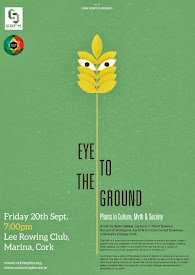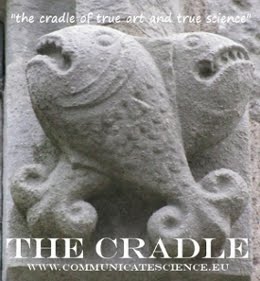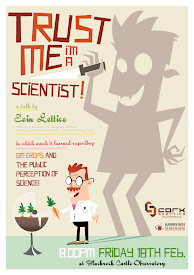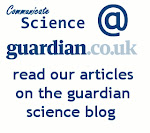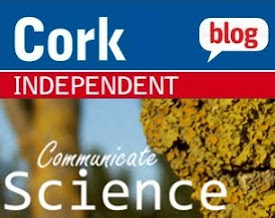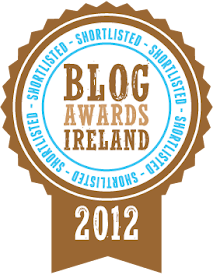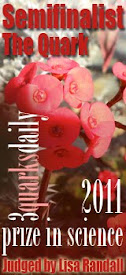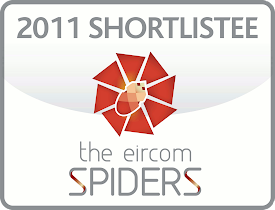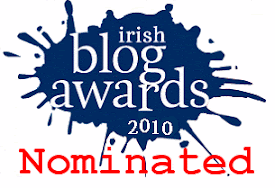2011: A year in science
The most popular post this year is also one of the most recent. The continuing debate over the final resting place of the 'Irish Giant' Charles Byrne after his significant impact on the world of medicine has provoked significant interest.
News in July that the potato plant genome had been published by a consortium which included scientists working at Teagasc made for a popular post. The consortium said that the advance means that potato breeders should be able to "reduce the 10-12 years currently needed to breed new varieties".
Proving that the history of science is still as popular as ever, our post marking the 200 birthday of Robert Bunsen was the next most popular post of 2011. Of Bunsen it's been said: "As an investigator he was great, as a teacher he was greater, as a man and friend he was greatest."
The visit of Queen Elizabeth to Ireland in May of 2011 is surely one of the big news stories of the year and our scientific slant on this story was very popular. When visiting Cork's Tyndall Institute, the Queen was presented with a scarf inspired by the work of the 'father' of computer science and adopted Corkman George Boole.
Speaking of the Tyndall Institute, in May we looked at the man himself - John Tyndall. One of Ireland's most successful scientists and educators he was the ultimate science communicator. In 1878 it was written: "Professor Tyndall has succeeded not only in original investigation and in teaching science soundly and accurately, but in making it attractive.... When he lectures at the Royal Institution the theatre is crowded".
A simple little post on the history of the modern racehorse brings up the rear of the field. A group of Irish and UK scientists used mitochondrial DNA to determine the origin of foundation mares which were used to start the Irish and English Thoroughbred racehorse industry.
Some posts which weren't quite so popular but were some of my own personal favourites include:
December's news of the possible discovery of the Higg's Boson.
The crossover between art and science in 'Science in Stone'.
David Puttnam's take on educating for the digital society.
The history of science philanthropy in Cork.
How my time on I'm a Scientist, Get me out of here! went.
Have a great New Year's celebration. Normal service resumes early in 2012!










